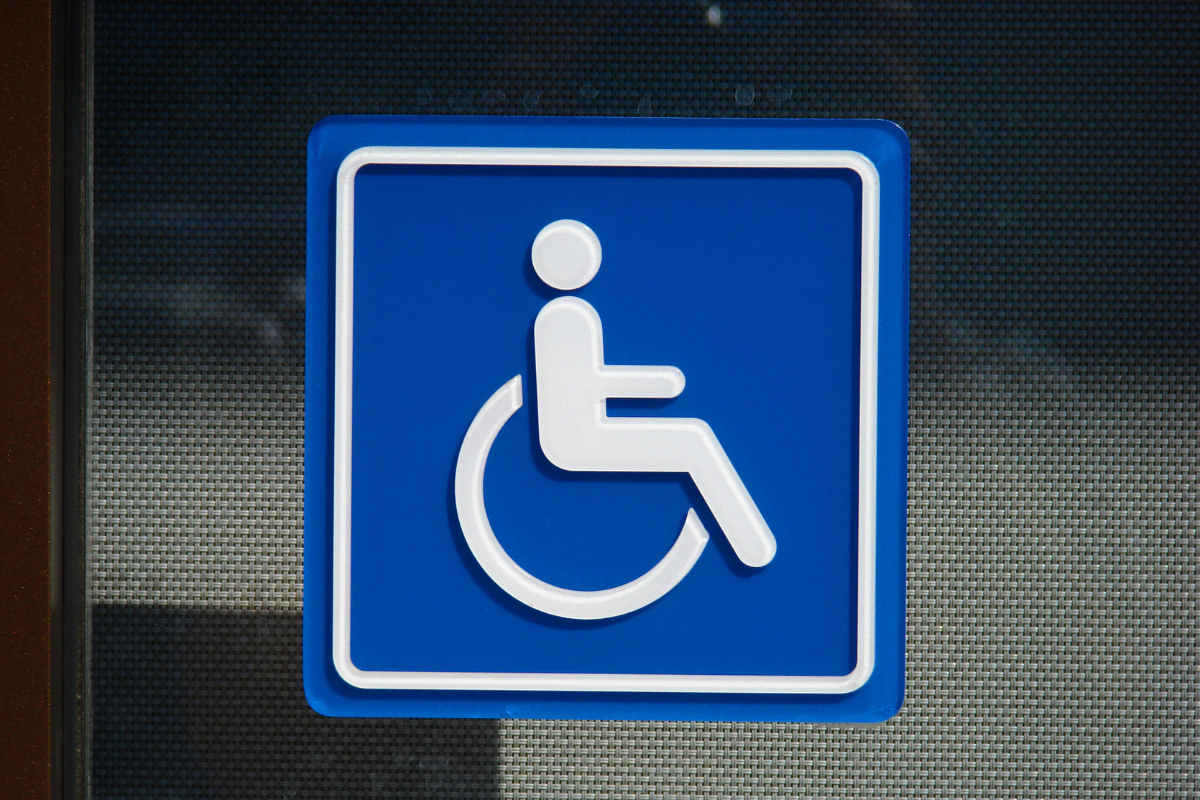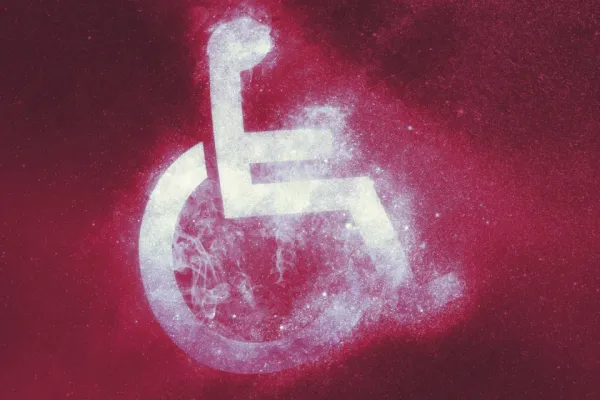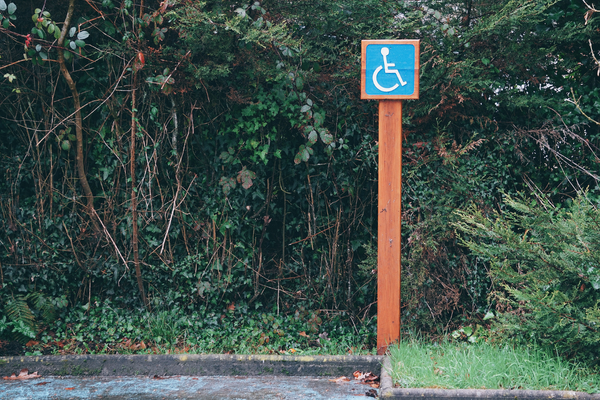9/3/25 - Pre-natal testing, life expectancy, and disabled internet use

Hello!
The first link today is kind of a think piece that’s indirectly about eugenics and how it relates to advances in prenatal testing and to disability. The other two articles are unrelated, except that they both report seemingly eye-popping statistics about disabled people. Each is interesting by itself, but also as examples of how big, impressive numbers about disabled people are measured, reported, and interpreted.

When does trying to have a healthier baby become eugenics-y?
Sigal Samuel, Vox.com - September 2, 2025
"Then there are conditions that can include suffering, like autism, but can also be very compatible with a happy life. Mental health conditions in particular are heavily socially constructed — a lot of the associated suffering comes about because society constructs a certain biological reality as a problem and doesn’t support the people who have it. In these cases, if you want to give your child a “good enough” or even “optimized” life, remember that you don’t have to achieve that by biological means; working to change the social environment can be just as important, and it doesn’t carry the societal risks associated with polygenic testing."
This is the Social Model of disability, and it's crucial for fully exploring these issues. It’s more important than ever for everyone, including disabled people ourselves, to understand how "eugenics" relates to people with disabilities, and not just because of horror stories about "ugly laws," institutionalization, and forced sterilization in the past. The connections to current trends aren’t obvious to everyone. But once you dig into some of these questions, the implications for disabled people and disabled communities today become impossible to miss.
Adults with learning disabilities die 20 years early, report finds
Jim Reed, British Broadcasting Corporation - September 2, 2025
"The latest report found 37% of deaths of people with learning disabilities or autism involved some form of delay in care or treatment, while 28% reported instances where diagnosis and treatment guidelines were not met."
80% of disabled people used the internet in 2024
Eurostat - August 27, 2025
"In 2024, 82.3% of people in the EU with severe disability had used the internet in the past 12 months. Among those with moderate disability, the share was 89.0% and it was 95.2% for those with no disability. This means that the gap between those with severe disability and those without was 12.9 percentage points (pp)."
How do we gather meaningful data about disabled people on a large scale? How do we decide what to measure, what we think we will learn, and what we can do with the information we collect and the conclusions we draw? The first piece, about life expectancy in the UK, draws some clearly important conclusions and identifies specific problems that could be addressed in practical ways. The second piece, on internet use rates in the EU, suggests problems, but mostly leaves us to draw our own conclusions on what to do about them.






Disability Thinking Weekday is a Monday-Friday newsletter with links and commentary on disability-related articles and other content. Please like, share, comment, and subscribe — for free, or with a paid subscription.
A free subscription sends a newsletter to your email each weekday, and gives you access to the comments. Benefits of paid subscription also include:
- A monthly recap with links to all of the previous month's shared articles, organized by topic.
- Listing as a supporter, and a link to your website if you have one.
- You can recommend one disability-related article for me to share per month in a weekday post.
To to subscribe, upgrade to paid, or make a one-time donation, click one of the buttons below:
I am so grateful for your help and engagement, in whichever forms you choose!



